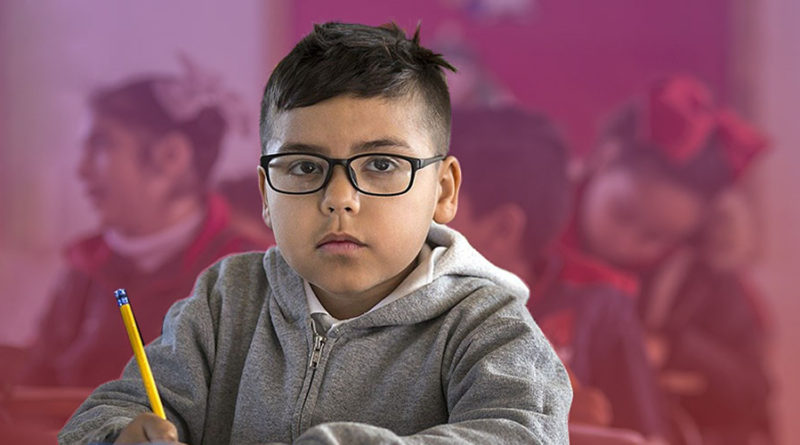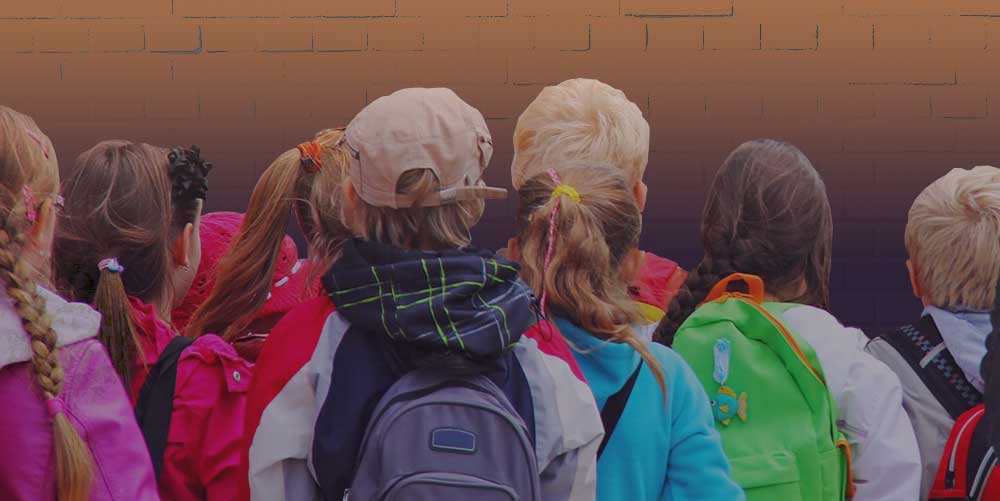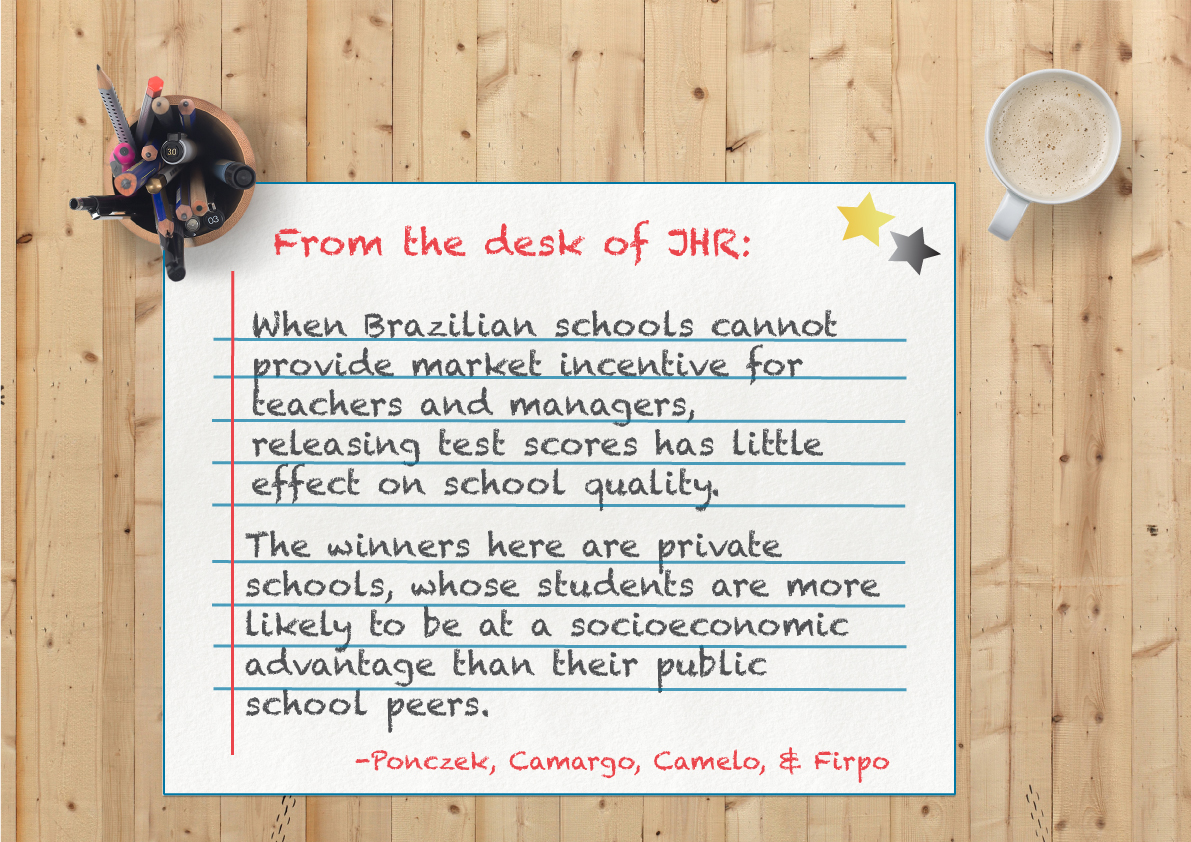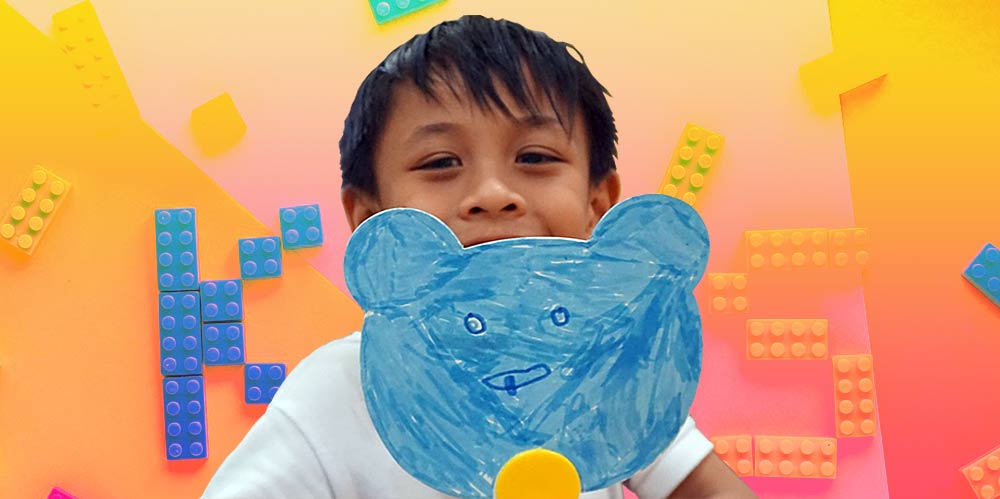Do Children Learn Better in Mixed-Age Classrooms?
Multigrading, the practice of mixing children of different ages in the same classroom, occurs in about one-third of school classes worldwide, but little is known about how it affects child development. Gian Paolo Barbetta, Giuseppe Sorrenti, and Gilberto Turati leveraged the existence of rules that determine whether a multi- versus a single-grade class should be created in Italian primary schools to study the impact of multigrading on students’ achievements.
By fostering interaction among peers of different ages, multigrade teaching has the potential to foster cognitive skills, which are largely predictive of success in school, work, and life in general. The team compared standardized test scores to see if students in multigrade classrooms performed better.
They found that being part of a multigrade class considerably improves the performance of seven-year-old students, those students who share the class with older and more mature peers. In particular, multigrade teaching appears to be particularly effective for low-socioeconomic-status children. Conversely, ten-year-old students in a multigrade class—with younger classroom peers—perform similarly to those in a single-grade class.
These results contribute to the ongoing debate on how best to promote learning, especially when it comes to children from disadvantaged backgrounds and with fewer education opportunities. Multigrading can benefit these students at a young age and set them up for future success in school.
Moreover, multigrading constitutes a “last-resort” opportunity in schools with limited resources. Indeed, this educational practice is particularly widespread in rural and remote areas at risk of low population density, deprivation, and the loss of young workers. In these areas, schools can only survive by adopting alternative forms of teaching. Schools probably represent the only institution with the potential to keep these areas “alive.”
Read the study in the Journal of Human Resources: “Multigrading and Child Achievement,” by Gian Paolo Barbetta, Giuseppe Sorrenti, and Gilberto Turati.
***
Gian Paolo Barbetta and Gilberto Turati are at Università Cattolica del Sacro Cuore. Giuseppe Sorrenti (@giu_sorrenti) is at University of Amsterdam.



